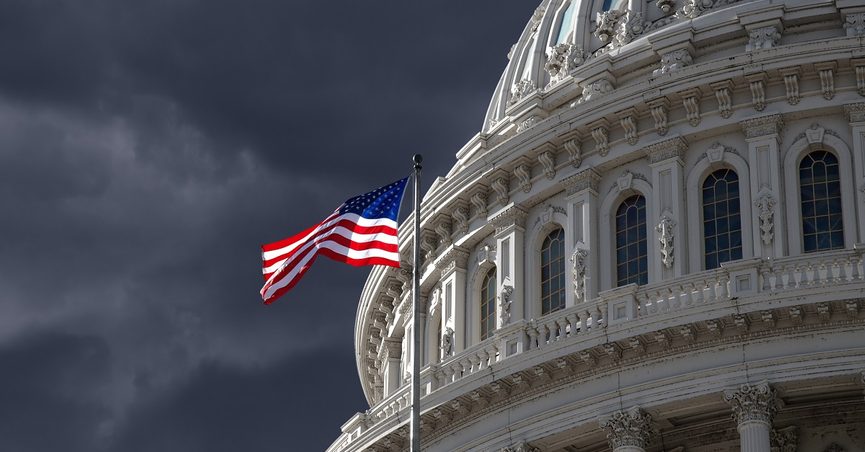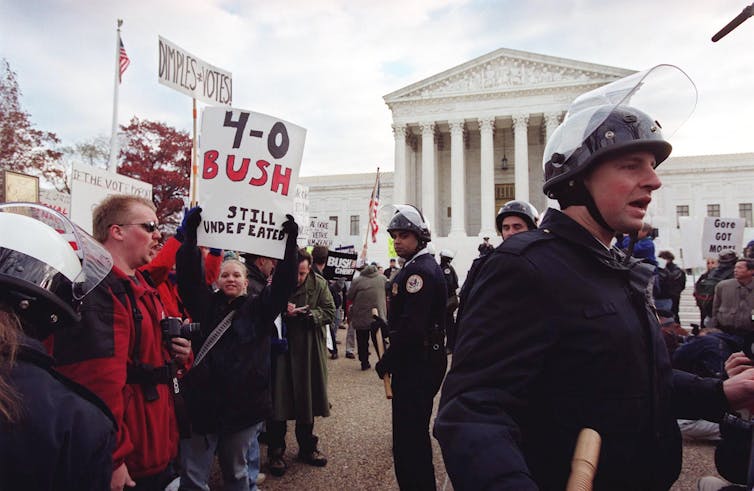如果选举学院的结果有争议或没有产生胜利者,创始元勋就是国会而不是法院作为后备计划。

【原文】
This article is republished here with permission from The Conversation. This content is shared here because the topic may interest Snopes readers; it does not, however, represent the work of Snopes fact-checkers or editors.
President Donald Trump’s campaign is challenging results of battleground states with lawsuits, hoping to litigate its way to a win in the 2020 election. But the Founding Fathers meant for Congress – not the courts – to be the backup plan if the Electoral College result was disputed or did not produce a winner.
Generally, the framers sought to avoid congressional involvement in presidential elections. As I’ve taught for two decades in my college course on presidential selection, they wanted an independent executive who could resist ill-considered legislation and would not care about currying favor with members of Congress.
George W. Bush and Al Gore argued for a month over Bush’s slim, 327-vote advantage in Florida’s second machine recount. After a lawsuit in state courts, this political and legal battle was decided by the Supreme Court in December 2000, in Bush v. Gore.


Shawn Thew/AFP via Getty Images
But Bush v. Gore was never intended to set a precedent. In it, the justices explicitly stated “our consideration is limited to the present circumstances.” Indeed, the court could have concluded that the issues presented were political, not legal, and declined to hear the case.
In that case, the House would have decided the 2000 election. The Electoral College must cast its ballots on the first Monday after the second Wednesday in December. This year, that’s Dec. 14. If disputed state vote totals are not resolved by six days prior to that date, Congress can step in, under the 1887 Electoral Count Act.
This could have happened in 2000, and it is imaginable this year.
![]()
Donald Brand, Professor, College of the Holy Cross
This article is republished from The Conversation under a Creative Commons license. Read the original article.
Help Supercharge Snopes For 2020
We have big plans. We need your help.